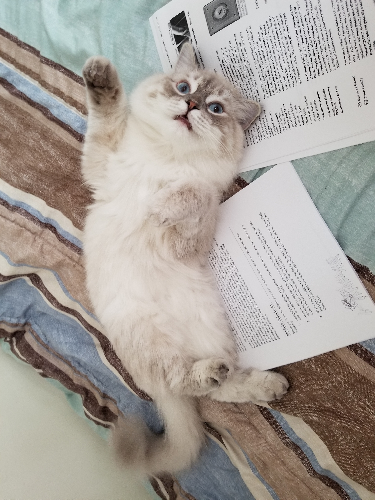
Replies

Skylar November 14, 2019
@maonuo Happy to help!The phrase "but" is diagrammed as "and" in this case because it functions to indicate a second necessary condition that must accompany the first. Try to take a step back and think about the overall flow of the passage in these cases. It may also help to think of the phrase "only if the person who was harmed knew that what was done could cause that harm but consented to its being done anyway" as synonymous with the phrase "only if the person who was harmed knew that what was done could cause that harm AND consented to its being done anyway despite this knowledge." This has the same meaning as the original phrasing, but the minor verbiage change may help you to understand why the word "and" is diagrammed and how the word "but" fulfills the same role.
Does that help? Let us know if you have any additional questions!
Kemp December 5, 2022
I have a question about the contrapositive of the answer.The contrapositive as far as I see it is. Morally Unjustifiable if --- harmed person did not consent and did not know.
There were no side effects in answer c. Therefore it should follow that there was no harm. This would go against the necessary condition of the contrapositive that there had to be harm conducted.
Any help would be appreciated.

Emil-Kunkin December 8, 2022
Hi, there are side effects in C. We are told the drug had serious side effects.